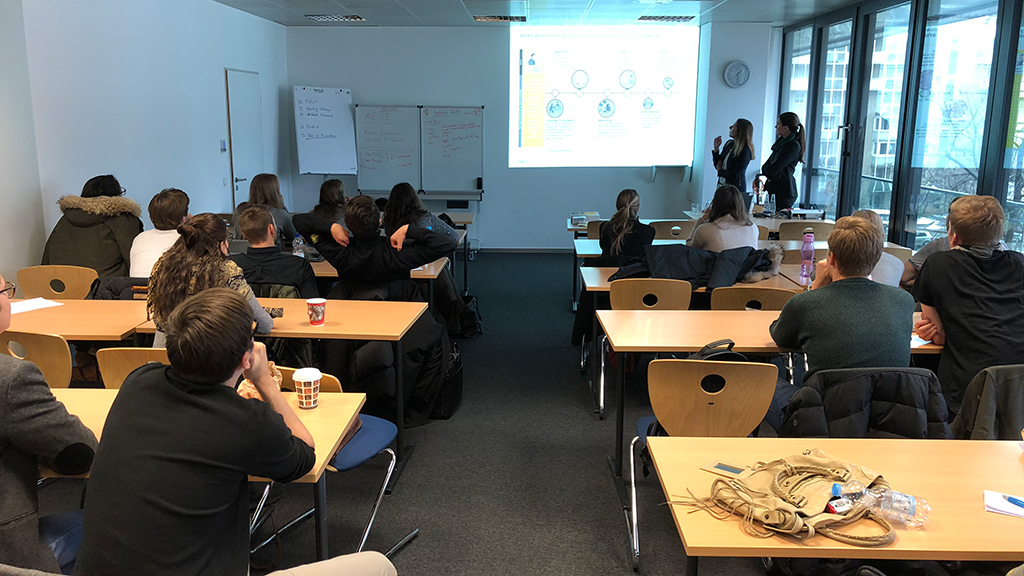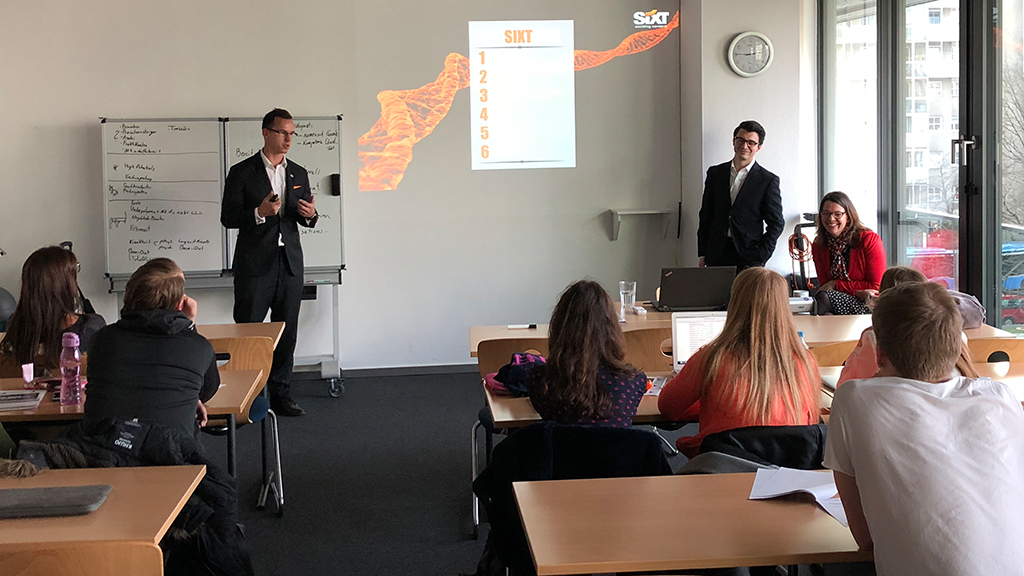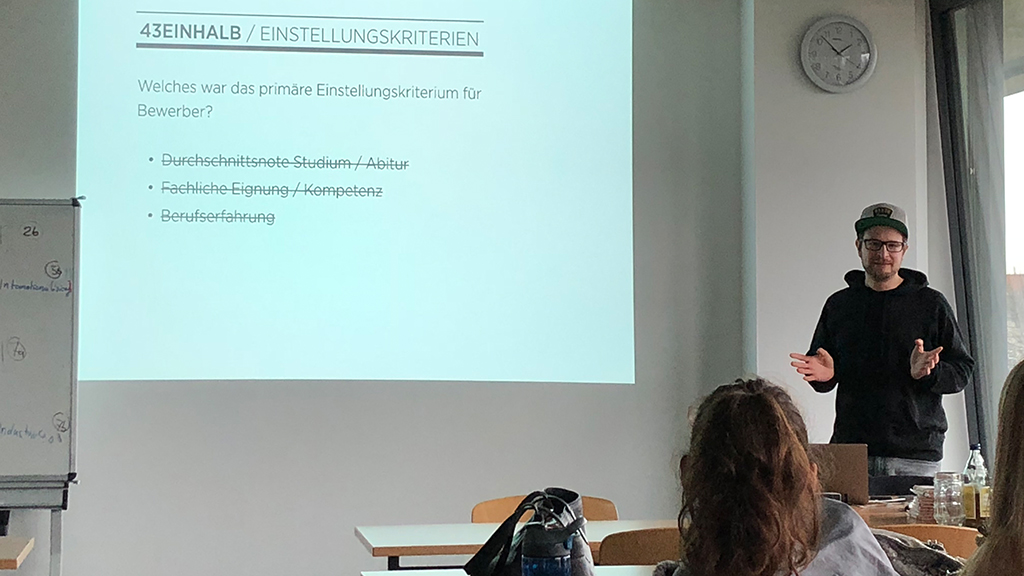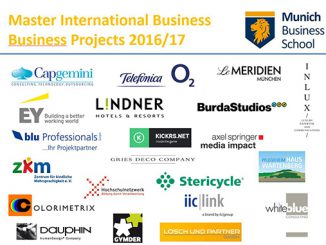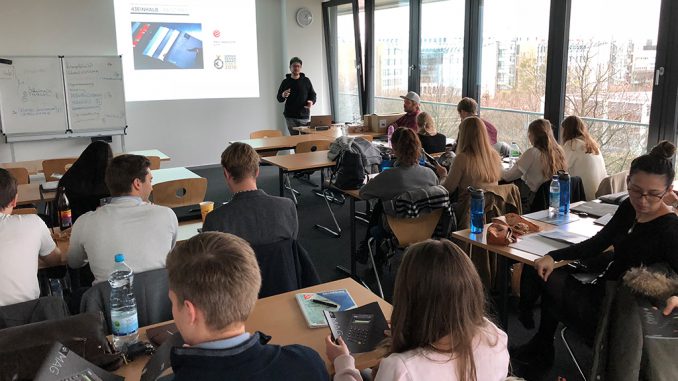
There are three recipes for successful job applications. Knowledge? Performance? Grades? No. What guarantees success is, firstly: practical experience, secondly: practical experience, and thirdly: practical experience. While society is still oriented towards pure performance parameters, in industry, the final grade is no longer the only decisive factor influencing career development.[1]
The well-known strategy professor Henry Mintzberg once described the phenomenon of excellently trained people who were suitable neither for business, nor in the practical application of skills, nor for leadership roles.[2]
Social competence cannot be acquired at a university. Soft skills training is a good basis, but real understanding often falls by the wayside of mere memorization.
Bulimic learning is often undigested and unsustainable. This is why many universities are pursuing a practice-oriented approach: dual degree programs are a good idea. However, the variety of practical experience is then usually limited to a single company and thus a single corporate culture; experience abroad is only possible to a limited extent.
Business schools are trying to take a different path: internships in Germany and abroad combined with study opportunities at international partner universities. The highest efficiency, however, is achieved through integrated business projects.
Though projects during the semester serve the understanding of project management as well as the team and group dynamics; integrating the project content into the lecture and thus linking theory directly with recent experiences still represents the greatest possible learning effect.
One such example is the “International Human Resources Management and Leadership” course offered at Munich Business School, which Bachelor International Business students can choose as a concentration in their sixth semester. Within this course, companies such as BMW, Continental, EY, Linde, Procemos, Roland Berger, and Sixt receive consultation service and concrete recommendations for actions from the students.
Visit the websites of these companies. You will find some of the innovations there that have been directly developed by students from the past three years. But not only the “big shots”, but also SMEs (small and medium-sized enterprises) or start-ups are on the students’ consultancy list.
The teams are usually comprised of 2 to 3 students. This way, they can work efficiently and communicate in an optimum way, even with the clients. The projects assigned by the clients are discussed in the classroom with the other students and myself, their supervisor. The input from the seminar and the feedback from the compulsory-attendance class is immediately recorded, processed, and presented to the customer – if necessary in interim presentations.
In addition to the students’ responsibility for a topic, the work differs considerably from conventional group work as the students actually work on real-life business problems, which also creates additional value for the company.
In the field of HRM and Leadership, direct contact with HR representatives as well as line managers is of course also directly beneficial to the future career. The “workbook” is given by merely working on the project itself, contact with the companies is established immediately. It is not always a “shortcut” to bypass the application procedure – sometimes, however, it is, just by referring to the company representative (who has taken part in a business project) in the application cover letter that is sent to the HR department of the respective company. This makes it all the more interesting for students to have contact not only with employer branding and university marketing representatives, but also with senior management and executives.
Mintzberg would say, “Yes, these young people are well prepared for working life, they have already been part of it: they are Bachelors and Managers!”
[1] Albrecht, A. (2015), Fit for Job: New Employability. Munich Business School, Prof. Dr. Arnd Albrecht, 27. Juli 2015, https://www.munich-business-school.de/insights/en/2015/fit-for-job-new-employability/
[2] Mintzberg, H. (2004), Managers Not MBAs: A Hard Look at the Soft Practice of Managing and Management Development, Berrett-Koehler Publishers
All photos © Arnd Albrecht

